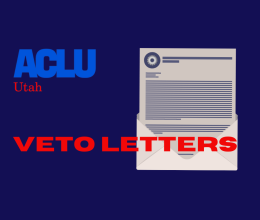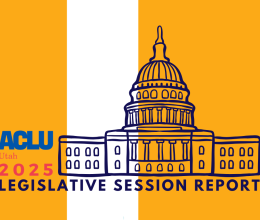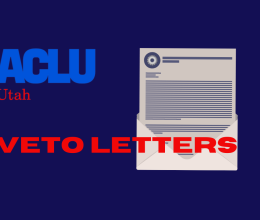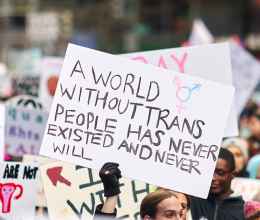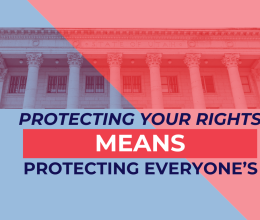Generally speaking, only changing rooms and locker rooms are restricted in government-owned buildings.
HB 257’s sex-based distinctions apply to changing rooms in publicly owned or controlled facilities accessible to the general public. The law makes it a crime for a person to enter a sex-designated changing rooms that does not correspond with that person’s “biological sex” and increases criminal penalties for other crimes committed in that situation. The term changing room does not include stand-alone restrooms, and only includes spaces designated for multiple people to dress or undress, such as fitting rooms, locker rooms, communal shower rooms, and restrooms that are contained in or attached to changing rooms.
There are no express prohibition or criminal penalties in HB 257 relating to using stand-alone restrooms in publicly owned or controlled facilities.
“Publicly owned or controlled” means that a government entity has at least a partial ownership interest in or has control of a facility, program, or event. 63G-31-101(8). “Open to the general public” means privacy spaces that are freely accessible to a member of the general public, accessible to general public by fee or ticket purchase, 63G-31-101(6)(a). Open to the general public does not include a privacy space that is only accessible to employees of a government entity or any area that is not normally accessible to the public. 63G-31-101(6)(b)
Under HB 257, a person may only access a sex-designated changing room if the person’s “biological sex” corresponds with the sex-designation of the changing room, or the person has legally amended their birth certificate to correspond with the sex-designation of the changing room and undergone a primary sex characteristic surgical procedure to correspond with the sex designation of the changing room.
The law carves out exceptions for (i) minor children who access a changing room that corresponds with the sex-designation of a parent, guardian, or relative; (ii) dependent minors or adults who require assistance to access a changing room that corresponds with the sex-designation of their caretaker; (iii) an individual providing public safety services; (iv) an employee of a health care facility providing services to a patient; or (v) an employee whose duties include the maintenance or cleaning of the changing room. HB-257’s “sex-based distinctions” provisions in publicly owned or controlled spaces do not apply to intersex individuals, unisex or single occupant facilities, or changing rooms that are not open to the general public.
If you are an employee working in a publicly owned or controlled facility, HB 257 does not apply to changing rooms not accessible to the general public.
HB 257 does not apply to privately owned spaces like malls, restaurants, or movie theaters.
HB 257 does not create or impose any documentation or paperwork requirements for an individual to access a covered restroom or privacy space. That said, HB 257 requires government entities to contact law enforcement if they receive complaints or allegations about criminal behavior in a privacy space, which includes entering a sex-designated changing room that does not correspond to one’s “biological sex.” Accordingly, people that others suspect “do not belong” in a particular “privacy space” might be subjected to interactions with law enforcement even when those spaces are not covered by the law. Please see these resources for information about your rights when interacting with law enforcement.
The law makes no provision for individuals other than law enforcement officers to investigate or otherwise confront anyone for any purpose in relation to the bill’s prohibitions. If you are confronted by someone other than law enforcement about your use of a restroom or changing room, we advise you to use your best judgment about how to react and stay safe given all of the circumstances in that situation.
